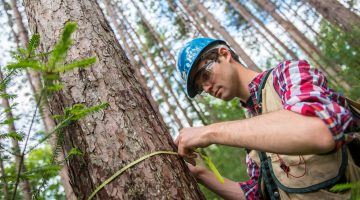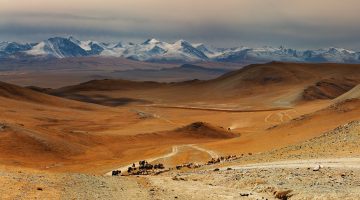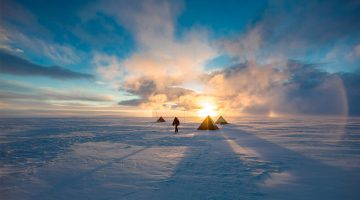UMaine receives federal funding to advance forest products industry
The U.S. Department of Commerce’s Economic Development Administration (EDA) will invest more than $4 million to help diversify and grow the Maine economy, which includes new funds designed to aid the forest sector, announced U.S. Deputy Assistant Secretary of Commerce for Economic Development Matt Erskine in a news conference at the University of Maine July […]
Read more



